Solar energy has become a popular choice for homeowners and businesses aiming to harness renewable energy and cut down on electricity costs. The solar panel inverter is a crucial component of any solar power system, converting the DC energy produced by solar panels into AC energy usable by household appliances. Choosing the best inverter is vital for maximising the efficiency and performance of your solar energy system.
What is a Solar Inverter?
A solar panel inverter is essential in solar energy systems as it converts direct current (DC) generated by solar panels into alternating current (AC), the form of electricity used by most electrical grids and household devices. Besides conversion, inverters help optimise system performance and may provide monitoring capabilities to ensure the best possible energy output.
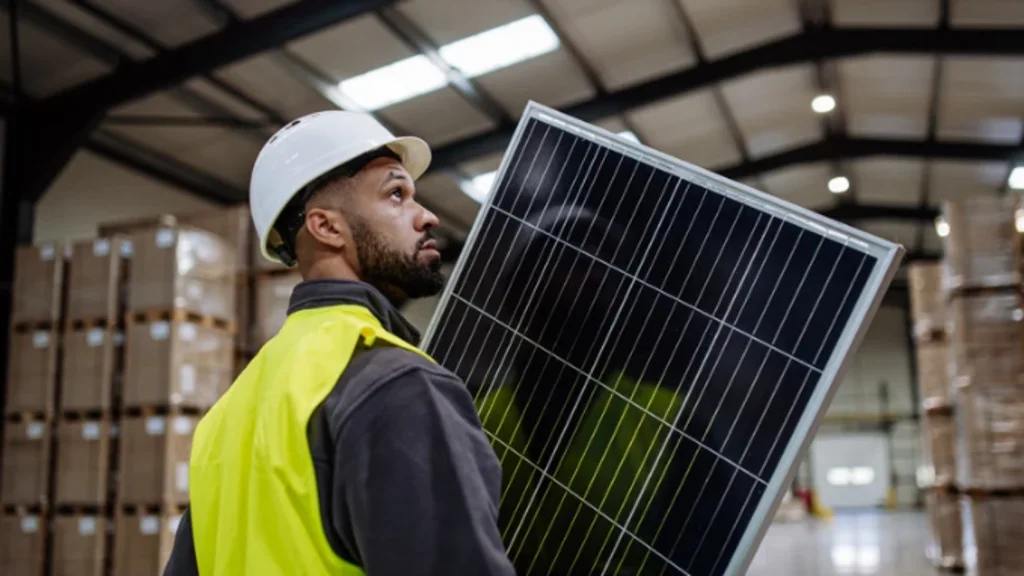
Types of Solar Panel Inverters
Understanding the types of solar inverters can help you make an informed choice:
String Inverters
- Pros: Cost-effective, easier to install.
- Cons: Performance can be affected if one panel underperforms (e.g., due to shading).
- Best Applications: Residential systems with uniform sun exposure.
- Top Example: SMA Sunny Boy.
Microinverters
- Advantages: Each panel operates independently, so shading on one panel doesn’t affect others.
- Drawbacks: Higher upfront cost.
- Use Cases: Ideal for rooftops with potential shading.
- Top Example: Enphase IQ8.
Power Optimizers
- Overview: Work alongside string inverters to enhance panel-level performance.
- Benefits: Offer advantages similar to microinverters but at a lower cost.
- Scenarios: Best for partially shaded systems.
- Top Example: SolarEdge Power Optimizer.
Hybrid Inverters
- Explanation: Combine traditional inverter functions with the ability to integrate battery storage.
- Who Should Consider: Users planning to add batteries for energy independence.
- Top Example: Sungrow Hybrid Inverter.
Click here : Solar power panel installation.
Key Features to Consider When Choosing a Solar Inverter
Key features to look for in an inverter include:
- Efficiency Rating
- Opt for inverters with high efficiency (over 95%) to minimize energy loss.
- Warranties and Lifespan
- Inverters often come with warranties of 5-15 years. Longer warranties offer better value.
- Monitoring and Smart Capabilities
- Look for inverters with built-in or compatible remote monitoring systems.
- Compatibility with Solar Panels
- Ensure your inverter matches the electrical characteristics of your solar panels.
- Safety Features
- Built-in features like automatic shutdowns and overheat protection are essential.
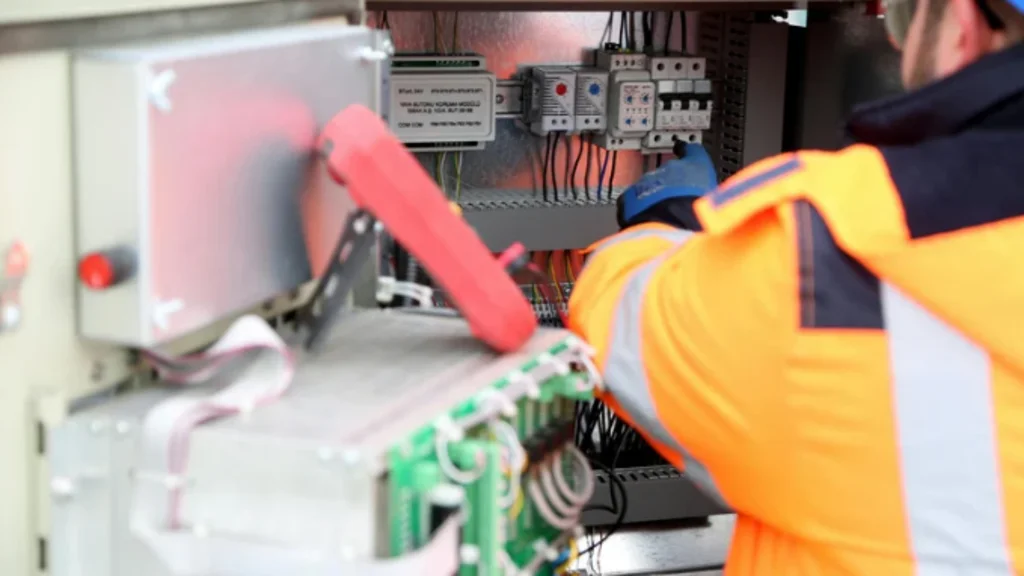
Top Panel Inverters of 2025
Here are some of the top solar panel inverters to consider this year:
Enphase IQ8 Microinverter
- Efficiency: ~97%
- Best For: Systems with complex shading or multiple roof angles.
- Key Features: Advanced microinverter technology with panel-level monitoring.
SMA Sunny Boy
- Efficiency: Up to 98%
- Best For: Residential and commercial systems.
- Key Features: Reliable performance, good monitoring capabilities.
SolarEdge HD-Wave Inverter
- Efficiency: Up to 99%
- Best For: Installations requiring power optimizers for enhanced panel-level output.
- Key Features: High efficiency, power optimizer compatibility.
Fronius Primo
- Efficiency: Up to 98%
- Best For: Smaller to medium residential systems.
- Key Features: Smart grid features, built-in monitoring.
Sungrow Hybrid Inverter
- Efficiency: ~97.5%
- Best For: Users looking for hybrid capabilities with battery storage integration.
- Key Features: Battery-ready with high reliability.
Visit here : solar power.
Tips for Selecting the Right Solar Inverter
- Assess Your Energy Needs: Understand your current and future power usage.
- Budget Considerations: Weigh the initial cost against the long-term benefits and warranties.
- Future-Proofing: Choose an inverter with scalability options if you plan to expand your solar system.
- Consulting Experts: Professional advice can help tailor an inverter selection to your system’s specifications.
Maintenance and Troubleshooting Tips
Ensure the longevity of your inverter with these tips:
- Regular Inspections: Check for any wear, damage, or debris.
- Monitor Performance: Use the system’s monitoring tool to track energy production.
- Routine Cleaning: Maintain a clean environment around the inverter for optimal cooling.
- Scheduled Servicing: Professional check-ups every few years help detect and resolve potential issues early.
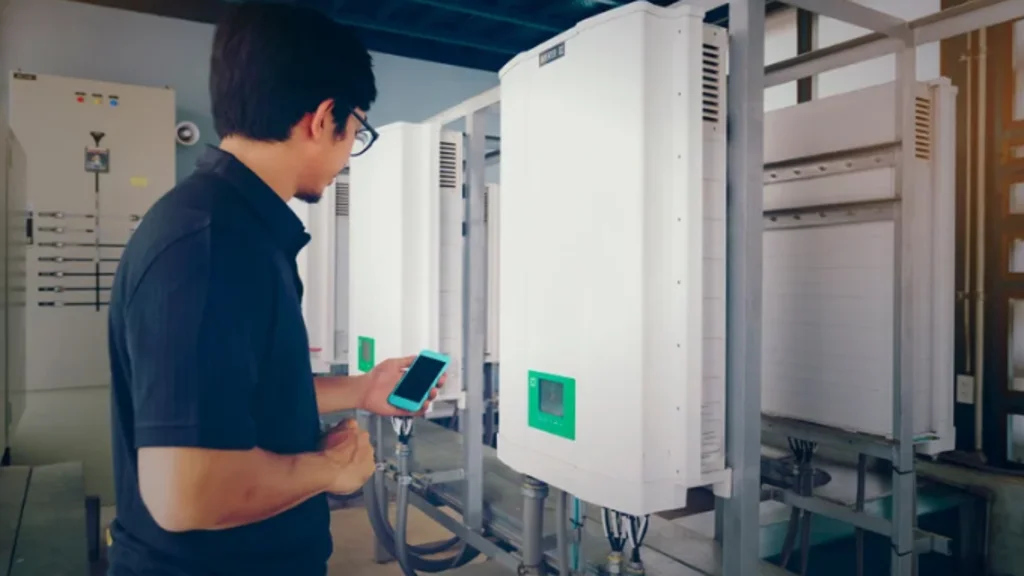
Conclusion
Choosing the right solar panel inverter is crucial for optimising energy efficiency and system longevity. By carefully considering inverter types, efficiency, and features, you can make an informed decision that best fits your needs. Always consult with professionals to ensure compatibility and peak performance for your solar energy system.
FAQs Section
What is the average lifespan of a solar inverter?
Inverters typically last between 10-15 years, with some models going up to 20 years.
How do I choose the best inverter type for my home?
Consider shading, panel layout, budget, and potential future expansion.
Can I install an inverter myself?
It is advised to have a certified professional for installation to ensure safety and maintain warranties.

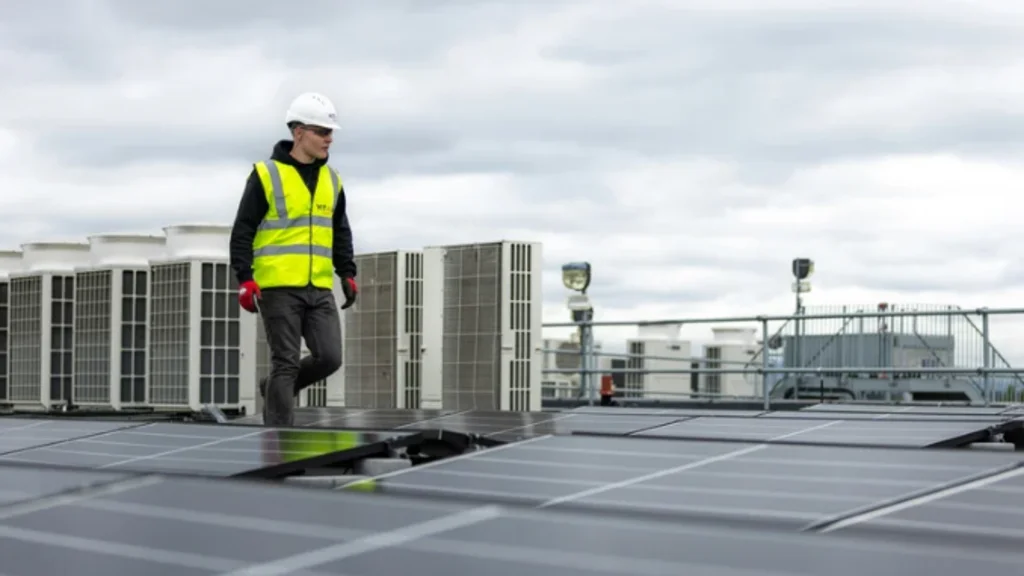
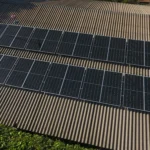

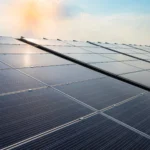
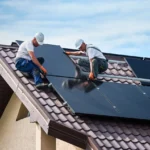


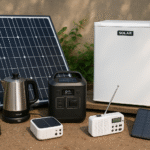
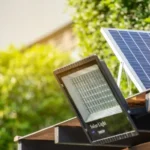
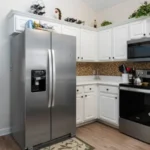
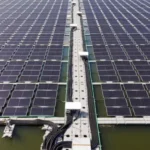
Top PV Inverters Of 2025: Efficient Solar Power Solutions For Your Home - Egrowatt
November 14, 2024[…] efficiency, and performance. Whether you’re upgrading your current system or investing in solar energy for the first time, these top picks will guide you in making an informed […]